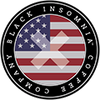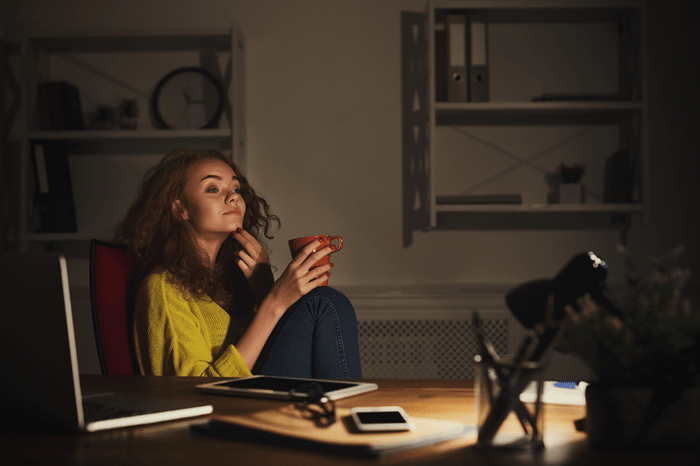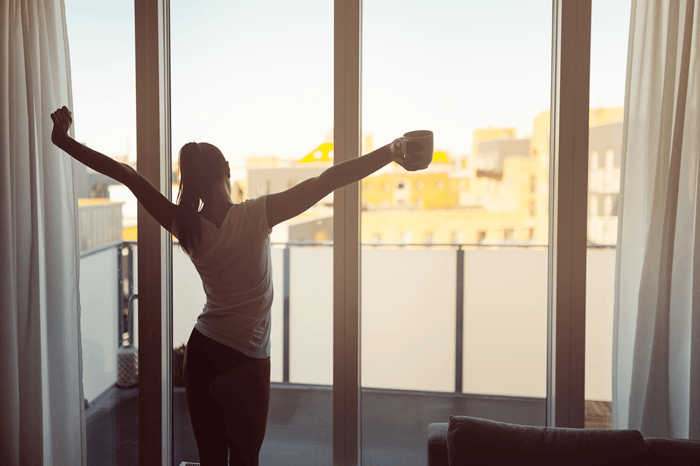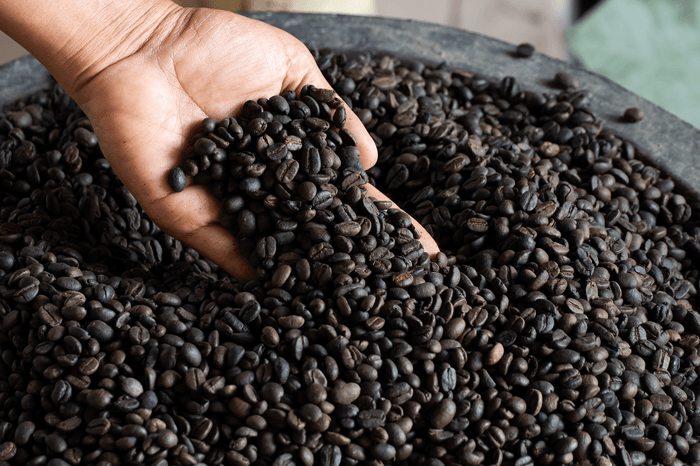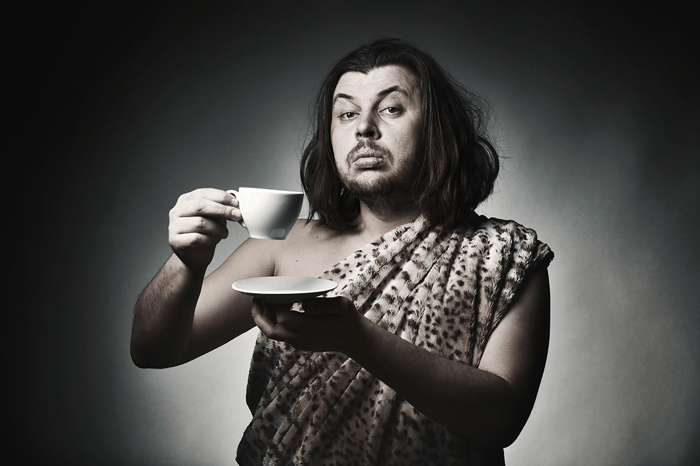
We all know caffeine helps you stay awake, focused, and energized. Any time we’re wanting (okay, needing) to pull an all-nighter, we all immediately look for the strongest coffee. But what if we actually need to sleep after indulging in coffee all night?
You might expect that to be where “things get tricky.” But not really.
As you may know, caffeine definitely takes a while to completely leave the system.
But whether having a low amount of caffeine remaining in the blood hours after drinking your last cup of coffee actually prevents you from falling asleep, when you want to fall asleep?
Well, that’s a whole ‘nother thing entirely.
In a 2019 study, researchers from Harvard Medical School and Florida Atlantic University found that caffeine ingested within four hours before bed seemed to have no effect on sleep quality.
Meanwhile, nicotine and alcohol consumed before bed both measurably disrupted sleep.
Yes, contrary to popular belief, indulging in some late night alcohol as a last resort actually hinders peoples’ ability to sleep well. Then again, neither is exactly known to pump the user full of energy and focus. So, whether your intention is to fall asleep quickly or stay up all night, cigarettes and liquor aren’t really going to do it for you.
However, it’s important to remember that every human body responds differently to caffeine. If you’re someone who is sensitive to caffeine, it’s obviously best not to drink it before bed.
Dr. Neil Stanley, an independent sleep expert for 38 years who studies all aspects of snoozing, told The Independent “the idea that drinking coffee before bed will keep you awake at night is a myth.”
“If you have been drinking two strong black cups of coffee every evening for the past 40 years and you have just developed a sleeping problem, then it is almost certainly not the coffee.”
Indeed, in this specific scenario at least, it would seem that the caffeine in coffee is merely an easy scapegoat, and trouble falling asleep seems more likely to be related to anxiety, depression, or another condition
Dr. Stanley does note, however, that individual results may vary based upon each individual’s sensitivity to caffeine. But for those with a lower sensitivity, caffeine before bed shouldn’t be an issue.
But what if you want the caffeine to keep you from falling asleep? Well, it all depends how you drink it. If you keep drinking coffee at a steady pace (before you get too tired and stop feeling the effects) while you’re trying to burn the midnight oil or cram for an exam, it’ll certainly delay your body (and brain) from crashing.
A mistake many people make when they’re trying to drink coffee to stay up is to just drink one “huge cup” and expect it to keep them going all night. This is especially ineffective when the mind and body are already feeling the effects of tiredness and fatigue.
Next time you’re pulling an all nighter, don’t rely on one big cup of coffee to carry you through the wee hours. Instead, brew a large pot and spread out your coffee indulgence more steadily throughout the night. As Healthline recommends, avoid energy drinks and stick to a moderate pace of drinking coffee if you’re needing to stay awake all night.
